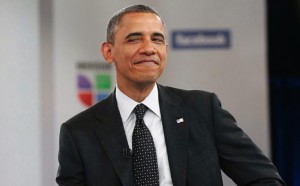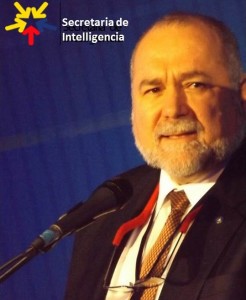
Republicans pounce on Obama remark: ‘You can't change Washington from the inside'
He has not been able to change the ‘tone’ in Washington, Obama says, calling that ‘disappointing.’
President Obama — who ran his 2008 campaign on the promise of “hope and change” — made a surprising admission after four years in office on Thursday: “You can't change Washington from the inside.”
Republicans immediately pounced on the president's seemingly off-the-cuff remark, which came after Mitt Romney's campaign had endured days of attacks over the GOP candidate's own unscripted comments at a secretly-recorded May fundraiser.
“His slogan was ‘Yes we can,'” an energized Romney declared at a rally in Sarasota, Fla. “His slogan now is ‘No I can't!'”
 Obama made the comment in response to a question about his “biggest failure” at a Univision town-hall forum in Miami on Thursday.
Obama made the comment in response to a question about his “biggest failure” at a Univision town-hall forum in Miami on Thursday.
In a nod to the mostly-Latino audience, Obama first mentioned his inability to pass immigration reform, before admitting to the larger failing.
“Obviously, the fact that we haven't been able to change the tone in Washington is disappointing,” he said.
“And I think that I've learned some lessons over the last four years and the most important lesson I've learned is that you can't change Washington from the inside,” the president continued. “You can only change it from the outside.”





